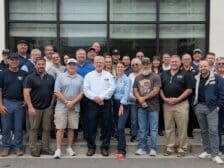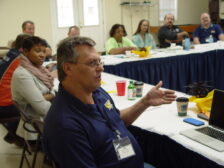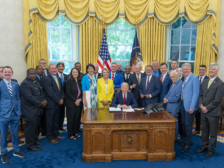Atomic Workers Harness the Power of Solidarity Amid Turbulent…
Atomic
Featured News
The USW and the Atomic Sector
From uranium enrichment to work on decommissioning and decontamination to waste storage, USW members are key in carrying forward our nation’s atomic legacy. They ensure safety standards are met while advocating for policies that protect worker health and community safety, and their work supports the transition to cleaner energy technologies.
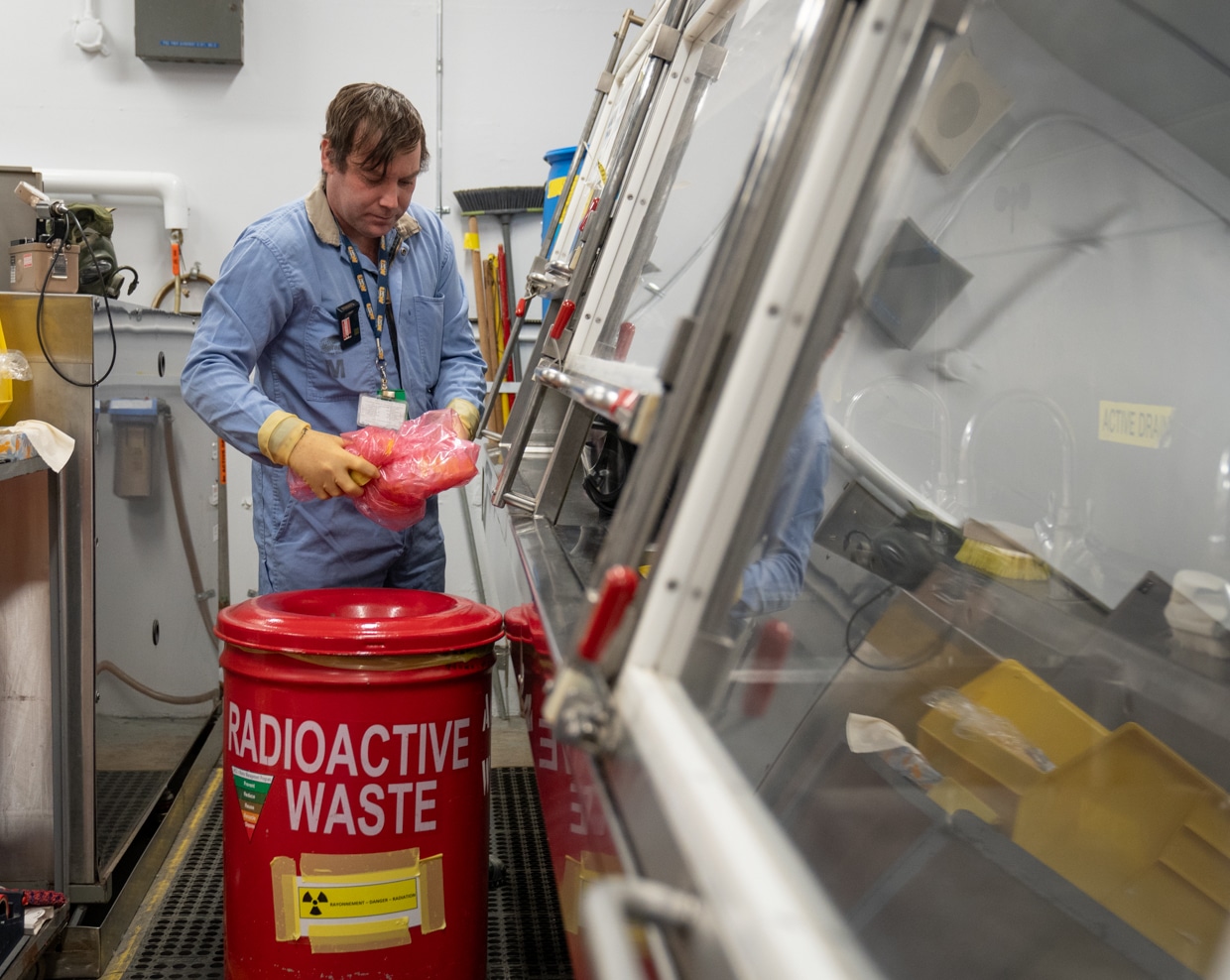
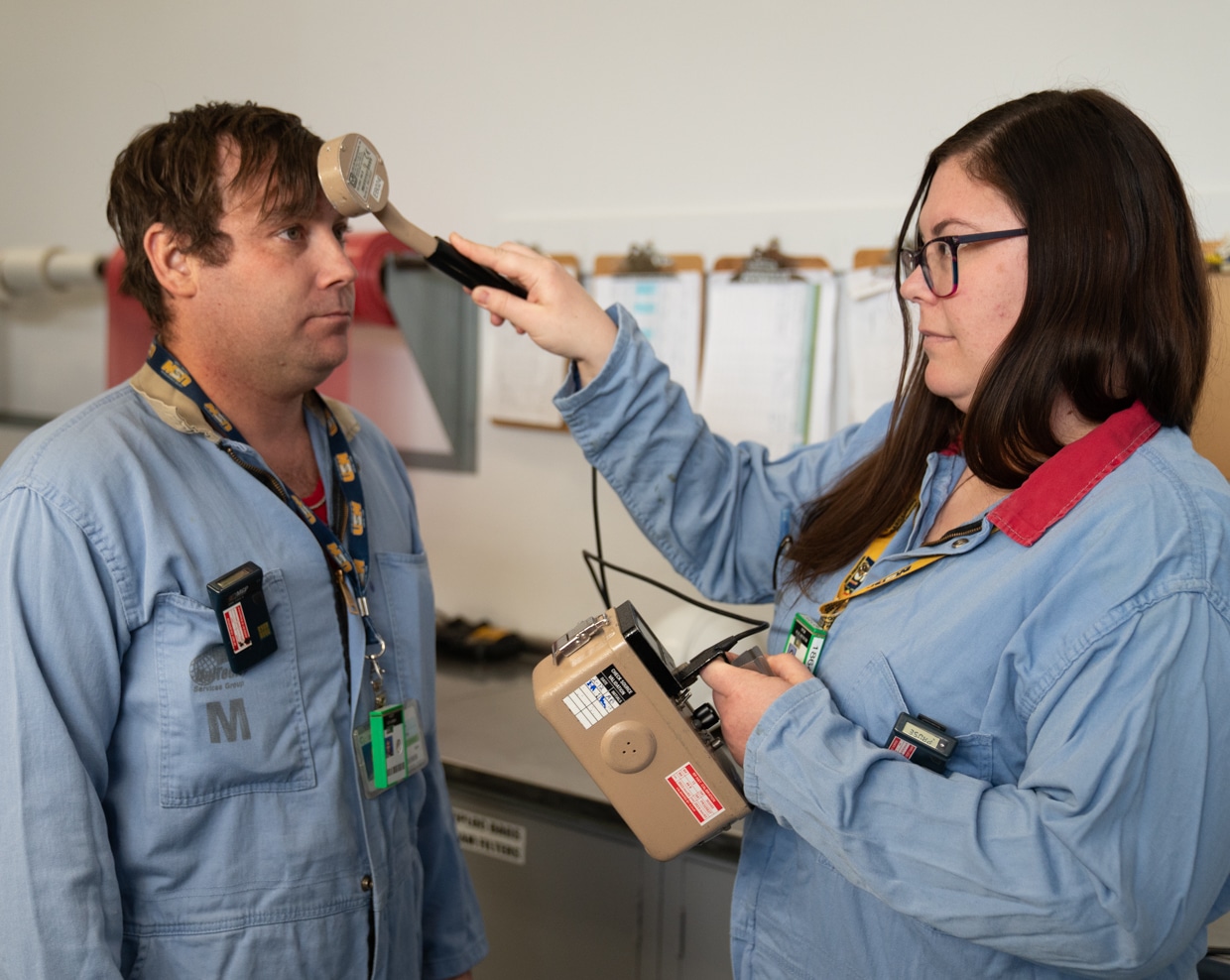
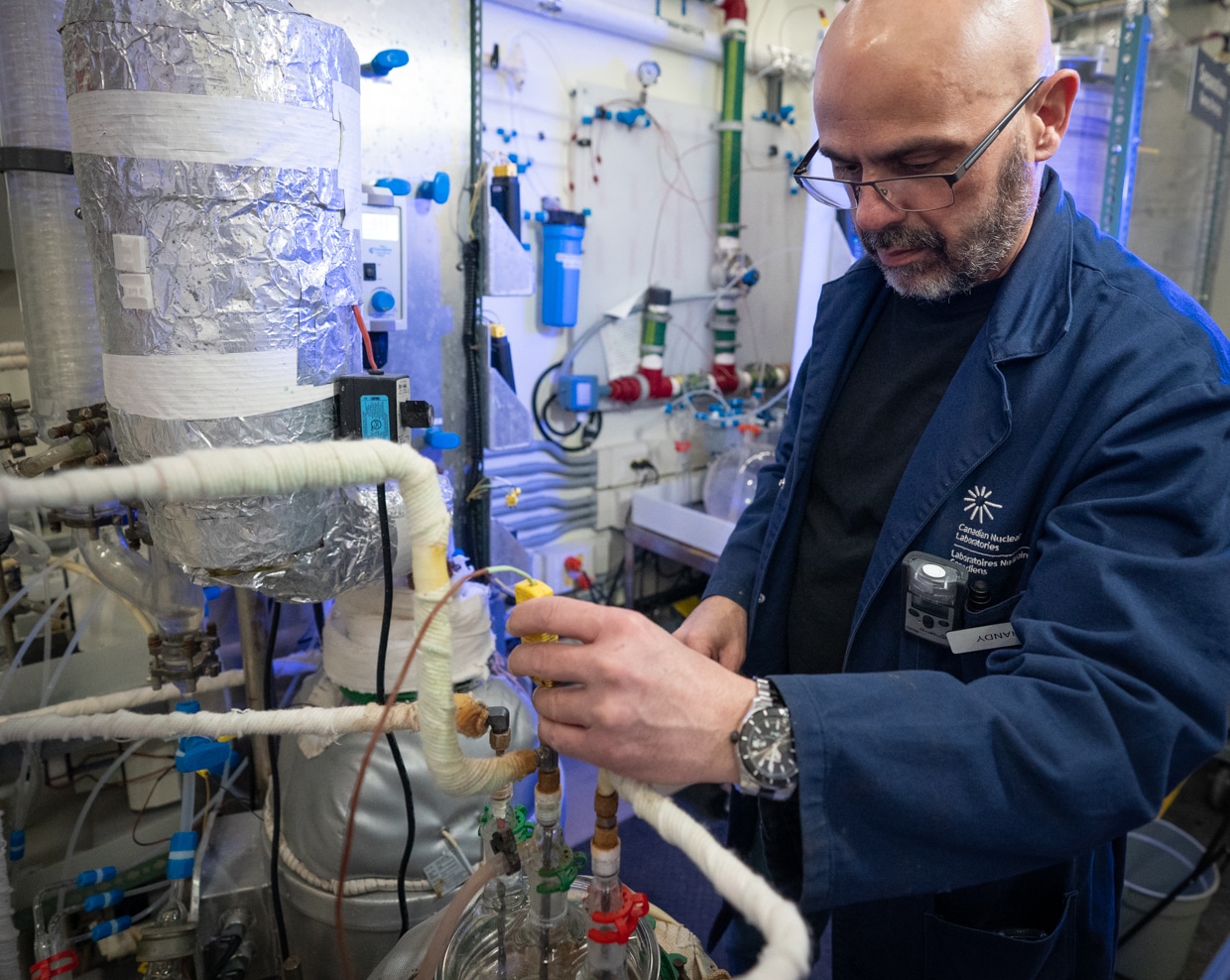

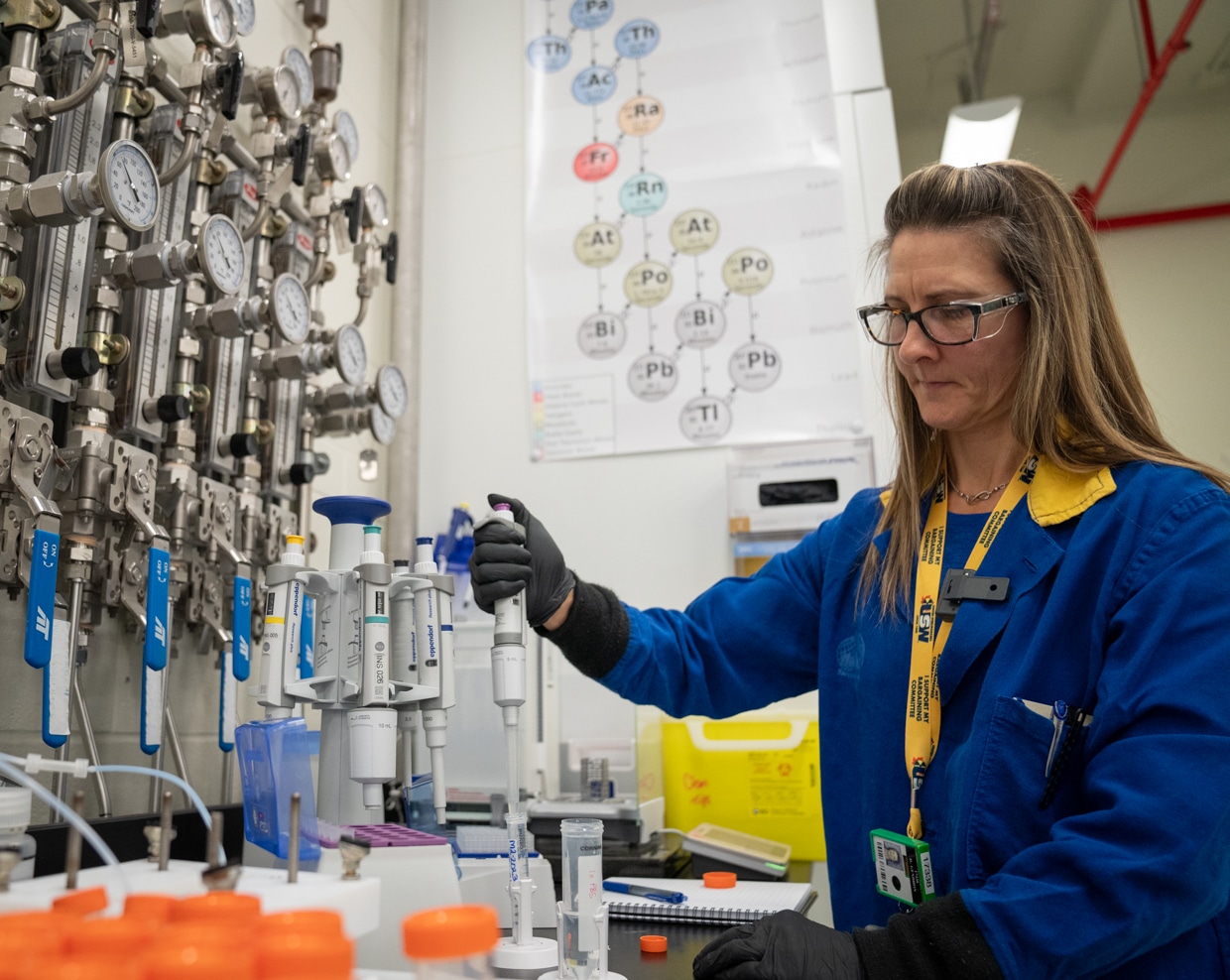

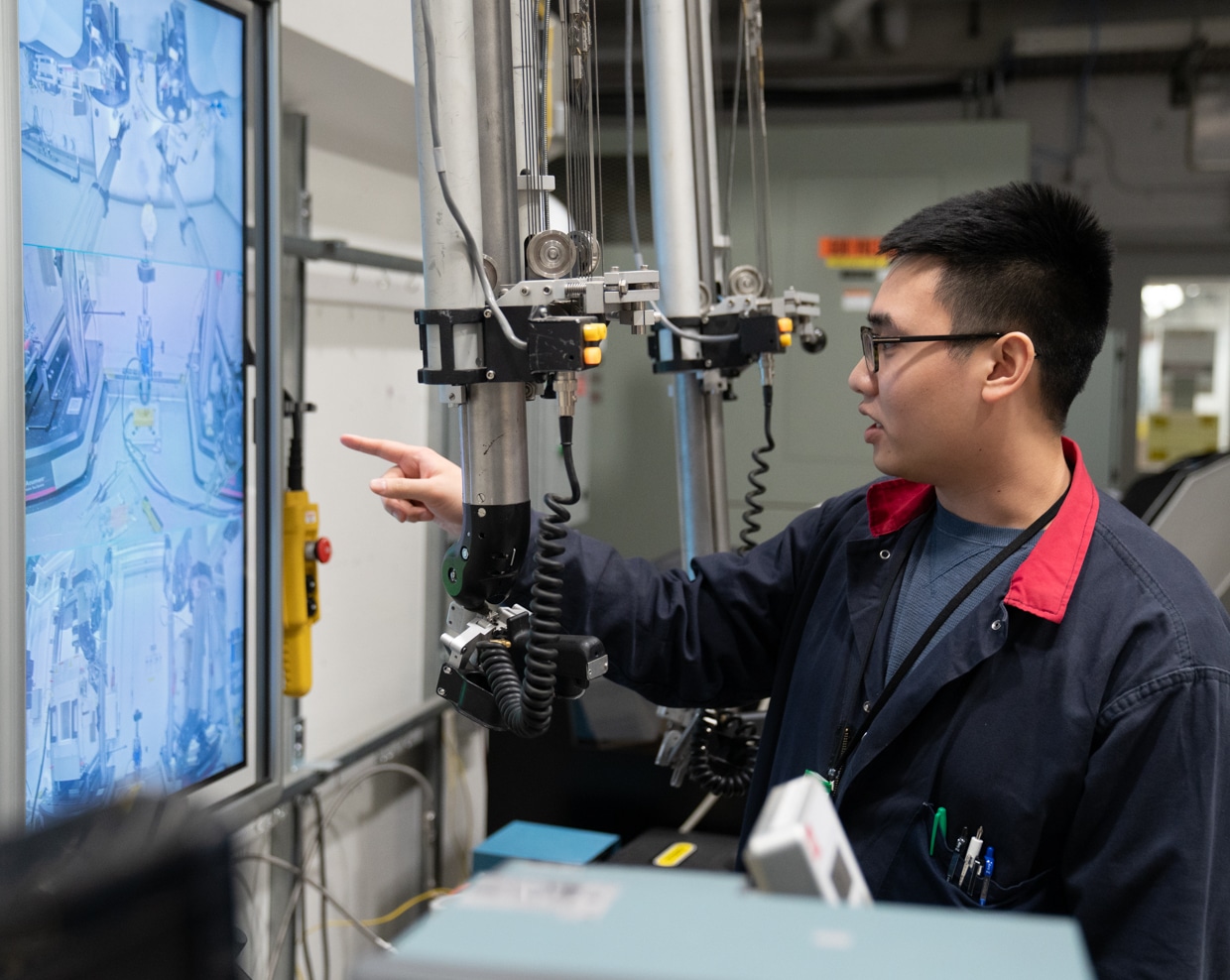

I care about health and safety because it's personal to me. The people I work with aren't just my co-workers - they are my family.
Paige Cisco
USW Local 689, Portsmouth, OH
Ready to Make a Difference?
Join the USW members and experience the power of unity. Let’s negotiate better wages and working conditions, advance workplace safety and promote dignity and respect on the job, together.
